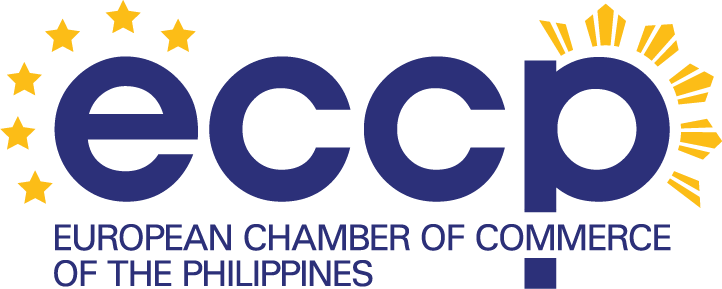
FUTURE CITIES FORUM 2: Managing Flood Risks and Water Security in the Philippines
The water challenges of the Philippines can be summarized quickly as "too much flood water and not enough clean water".
Just recently, a series of typhoons wreaked havoc in many parts of the Philippines. The most recent one, typhoon Ulysses, made headlines due to the serious destruction and major flooding it caused in many cities and municipalities all over the country. As of 14 November, DPWH estimated that the initial cost of damages in roads, bridges, flood-control structure and public buildings by typhoon Ulysses is PHP 8 billion pesos. This amount does not yet include the personal damages to the lives, properties and livelihoods of many Filipinos. Floods can lead to more damages when floodwaters contaminate the water system, end up in the consumer taps, and make people sick.
In an archipelagic country like the Philippines, one could imagine that we will never run out of water. This is true until we talk about clean drinking water. According to water.org, "nearly 5 million people in the Philippines rely on unsafe and unsustainable water sources and 9 million lack access to improved sanitation. Despite its growing economy, the Philippines faces significant challenges in terms of water and sanitation access. The country is rapidly urbanizing, and its growing cities struggle to provide new residents with adequate water and sanitation services."
In the second installment of the ECCP Future Cities Forum, "Managing Flood Risks and Water Security in the Philippines", we will get insights on how we are addressing the country's water challenges, and look more closely into the situation with regard to managing flood waters while securing a clean water supply.
How to access the webinar: In a separate email, you will receive the link sent via ZOOM/ECCP.
For registration concerns and inquiries, please contact Ms. Jackie Diola at jackie.diola@eccp.com.

